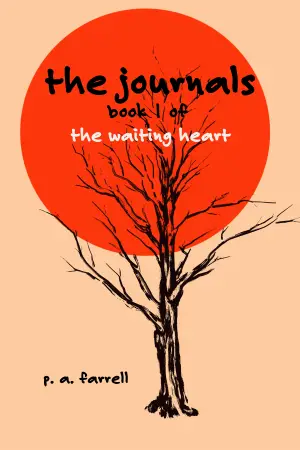My Name Is Emilia del Valle: A Gentle Nod to Nostalgia
When I first picked up My Name Is Emilia del Valle, I felt a sense of anticipation; after all, this is Isabel Allende, a master storyteller whose works have always drawn me in with their rich tapestry of family dynamics and historical depth. There’s a certain magic in her prose that lures readers to delve into the lives of characters intertwined with the fabric of Chilean history. However, as I immersed myself in Emilia’s story, I couldn’t help but think of Allende’s struggle between nostalgia and novelty—a theme that resonates deeply in her newest narrative.
At its core, the story recounts the life of Emilia, a girl with a convoluted lineage, growing up amidst the golden backdrop of California but inevitably drawn back to the roots she seeks in the heart of Chile. Emilia embodies a familiar character type Allende often revisits: the spirited woman navigating patriarchal constraints, filled with quips about societal norms, yet burdened by a haunting past. This made my heart ache with recognition and frustration; while I yearn for the nostalgia that Allende paints so vividly, I also felt an overwhelming sense of déjà vu.
The plot wades through waters I’d already traversed in Allende’s previous works. Here, we witness the del Valle legacy yet again—a dynamic family of eccentric characters steeped in historical turbulence, where themes of identity, class struggle, and love intertwine. Yet, I found myself longing for something fresh, something to shake off the familiar dust. While Emilia meets with the consequences of the Chilean Civil War—a canvas that could have offered profound insights—what unfurled felt more like a rote retelling than an exploration.
Allende’s signature narrative style, while generally vibrant, at times falters under the weight of repetition. There were moments when Emilia seemed more like a passive observer than an active participant in her own story, recalling others’ thoughts and motivations without engaging directly with them, leading to a disconnect that dulls emotional investment. I often wished for more depth and complication, especially in moments where her decisions could have changed the narrative’s trajectory.
Yet, amid these critiques, there’s undeniable beauty in Allende’s prose—a lilting cadence, even if occasionally marred by odd translations. I couldn’t help but smile at scenes where Emilia’s fierce spirit shone through; it reminded me of why I fell in love with Allende’s work in the first place. Perhaps the most poignant moments were illuminated in Emilia’s reflections on her tumultuous upbringing, mirroring Allende’s own struggles with memory and belonging.
As I closed the book, I felt a mix of nostalgia and yearning. My Name Is Emilia del Valle certainly holds its appeal for fans of Allende—those who cherish her vibrant landscapes and poignant family tales. However, for those seeking fresh narratives or complex, nuanced exploration, this may feel more like a gentle reminder of the past rather than a bold new step forward.
Ultimately, reading this book was like revisiting an old friend who seems to be stuck in a loop of sentimentality. While I do believe there’s a place for nostalgia, I hope that Allende finds a pathway to new stories, untangling herself from the familiar embrace of her beloved Chile. Because while we cherish our roots, sometimes it’s essential to let go and allow ourselves the freedom to explore new horizons.
Discover more about My Name Is Emilia del Valle on GoodReads >>






